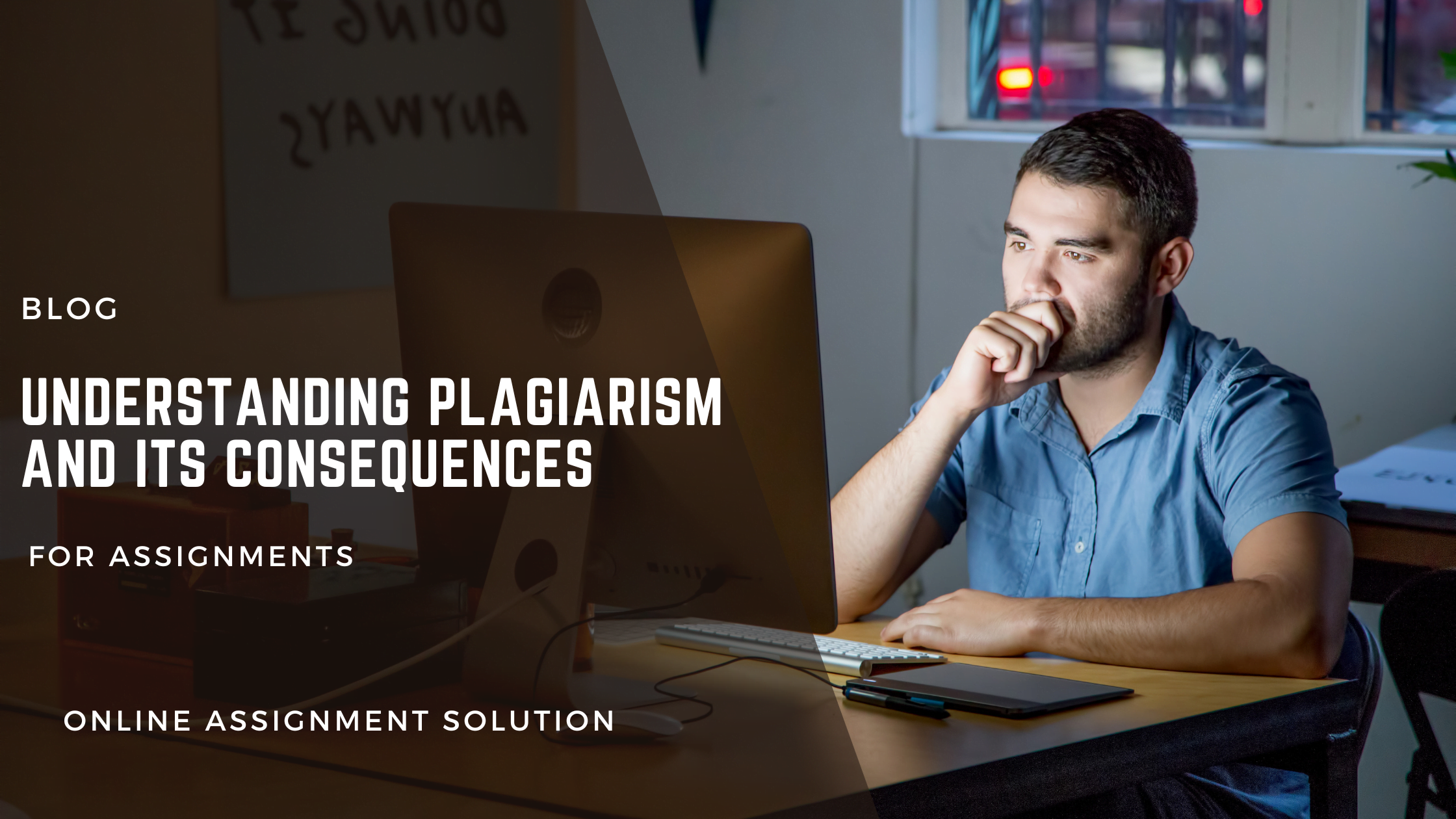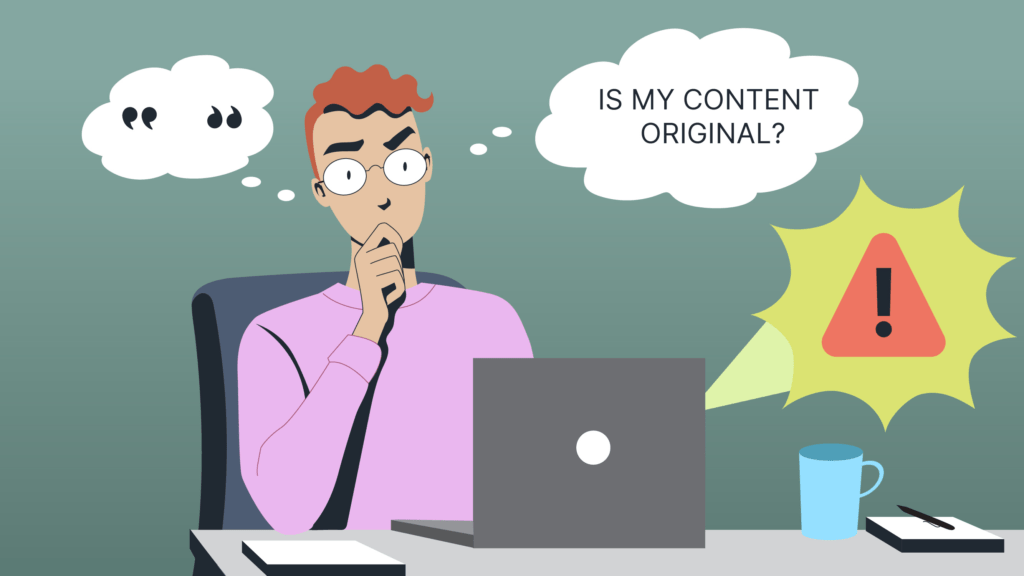
Plagiarism is a serious issue that affects various domains, including academics, professional work, and creative endeavors. It involves the act of using someone else’s ideas, words, or work without giving proper credit or obtaining permission. This article explores the concept of plagiarism, its different forms, and the severe consequences individuals face when engaging in such dishonest practices.
In today’s information age, where knowledge is easily accessible, plagiarism has become a prevalent problem. With the click of a button, one can copy and paste content from various sources without acknowledging the original creators. However, plagiarism is not only unethical but also carries significant consequences that can have long-lasting effects on individuals’ academic, professional, and legal standings.
Plagiarism can be defined as the act of presenting someone else’s work, ideas, or words as your own without proper attribution. It involves intentionally or unintentionally using someone else’s intellectual property without acknowledging the original source. Plagiarism can occur in various forms, ranging from direct copying to paraphrasing without proper citation.
Direct copying involves reproducing someone else’s work word-for-word without quotation marks or proper citation. This type of plagiarism is easily detectable and highly frowned upon in academic and professional settings.
Paraphrasing without giving credit to the original source is another form of plagiarism. Although the words may be rephrased, the core ideas and structure of the original work remain the same.
Self-plagiarism occurs when an individual submits their own previously published work as new or original without proper acknowledgment. While it may seem harmless, self-plagiarism violates academic integrity by misleading others about the novelty of the content.
Patchwriting refers to the act of combining phrases, sentences, or paragraphs from different sources without proper citation. It often involves minimal changes to the original text, resulting in an improper representation of the author’s own work.

Engaging in plagiarism can lead to severe consequences, affecting individuals’ academic, professional, and legal pursuits.
In an academic context, the consequences of plagiarism can be significant. Educational institutions value academic integrity and expect students to produce original work. If caught plagiarizing, students may face penalties such as receiving a failing grade, academic probation, or even expulsion. Moreover, plagiarism tarnishes one’s academic reputation, impacting future educational and career opportunities.
In professional settings, plagiarism can damage an individual’s credibility and reputation. Employers value employees who possess integrity and demonstrate original thinking. If an employee is found guilty of plagiarism, it can lead to job termination, loss of professional references, and difficulty finding future employment.
Plagiarism can also have legal ramifications, especially in cases involving copyright infringement. If someone plagiarizes copyrighted material without permission, the original creator can take legal action against them. This can result in lawsuits, fines, and reputational damage, impacting both personal and professional life.
To combat plagiarism, various methods and tools are available to detect and prevent such unethical practices.
Numerous online tools, such as Turnitin and Grammarly, can detect instances of plagiarism by comparing submitted content with a vast database of published works. These tools highlight similarities and provide a plagiarism percentage, helping educators and individuals identify potential cases of plagiarism.
Academic integrity is crucial for maintaining a fair and ethical learning environment. It promotes originality, critical thinking, and respect for intellectual property. Upholding academic integrity not only benefits individuals but also contributes to the advancement of knowledge and society as a whole.
To foster originality and avoid plagiarisms, individuals can follow these strategies:
Educating others about the consequences of plagiarism is vital for promoting academic integrity. By raising awareness and providing guidance on proper citation practices, we can encourage individuals to produce original work and respect intellectual property rights.
Plagiarism is a serious offense that has significant consequences in academic, professional, and legal realms. By understanding the various forms of plagiarism, the severe repercussions it entails, and adopting strategies to avoid it, individuals can uphold academic integrity, protect their reputation, and contribute to the growth of knowledge and innovation.
Q: What is the best way to avoid unintentional plagiarism? A: To avoid unintentional plagiarism, always ensure you provide proper citations for any information or ideas you borrow from others. Keep detailed notes during your research process and diligently cross-reference your sources while writing.
Q: Can I plagiarize by accident? A: Plagiarism can occur both intentionally and unintentionally. Unintentional plagiarism can happen when individuals fail to properly attribute ideas or paraphrase without adequate citation. It is essential to be diligent and thorough in giving credit to avoid unintentional plagiarism.
Q: Are there any online resources that can help detect plagiarism? A: Yes, several online tools such as Turnitin, Grammarly, and Copyscape can help detect instances of plagiarism by comparing submitted content with a vast database of published works. These tools can be useful for educators and individuals to identify potential cases of plagiarism.
Q: Can self-plagiarism harm my academic or professional career? A: Yes, self-plagiarism can have negative consequences for your academic or professional career. It violates academic integrity and can lead to penalties such as academic probation or loss of professional credibility. It is important to create new and original work to maintain integrity in your respective fields.
Q: How can educators promote awareness of plagiarism among students? A: Educators can promote awareness of plagiarism by incorporating discussions about academic integrity, proper citation practices, and the consequences of plagiarism into their curriculum. They can also provide resources and guidelines on how to avoid plagiarism and encourage students to develop their own ideas and critical thinking skills.
Onlineassignmentsolution.com is a leading platform that offers comprehensive assistance to students in their academic assignments. With a team of experienced and qualified experts, Onlineassignmentsolution.com provides top-notch solutions across various subjects and disciplines. The platform ensures that students receive high-quality and plagiarism-free content that meets their academic requirements. By availing the services of onlineassignmentsolution.com, students can access personalized support and guidance throughout the assignment process. The platform offers timely delivery, allowing students to meet their deadlines with confidence.
Additionally, Onlineassignmentsolution.com provides a seamless and user-friendly interface, making it easy for students to submit their assignments and communicate with the assigned experts. With their commitment to academic excellence, Onlineassignmentsolution.com is a valuable resource that helps students excel in their studies and achieve their academic goals.
Get Industry Ready With Access to Latest Updates!
Now Don’t Miss Out On Any Trending Revelation in the Assignment Writing Industry.
Get An Expert Advice, Whatsapp Us
Essay Writing Help
Research Paper Writing Services
Coursework Help
Thesis Writing Services
Case Study Help
Term Paper Writing Services
© 2023 Online Assignment Solution
© 2023 Created by Sagnick
